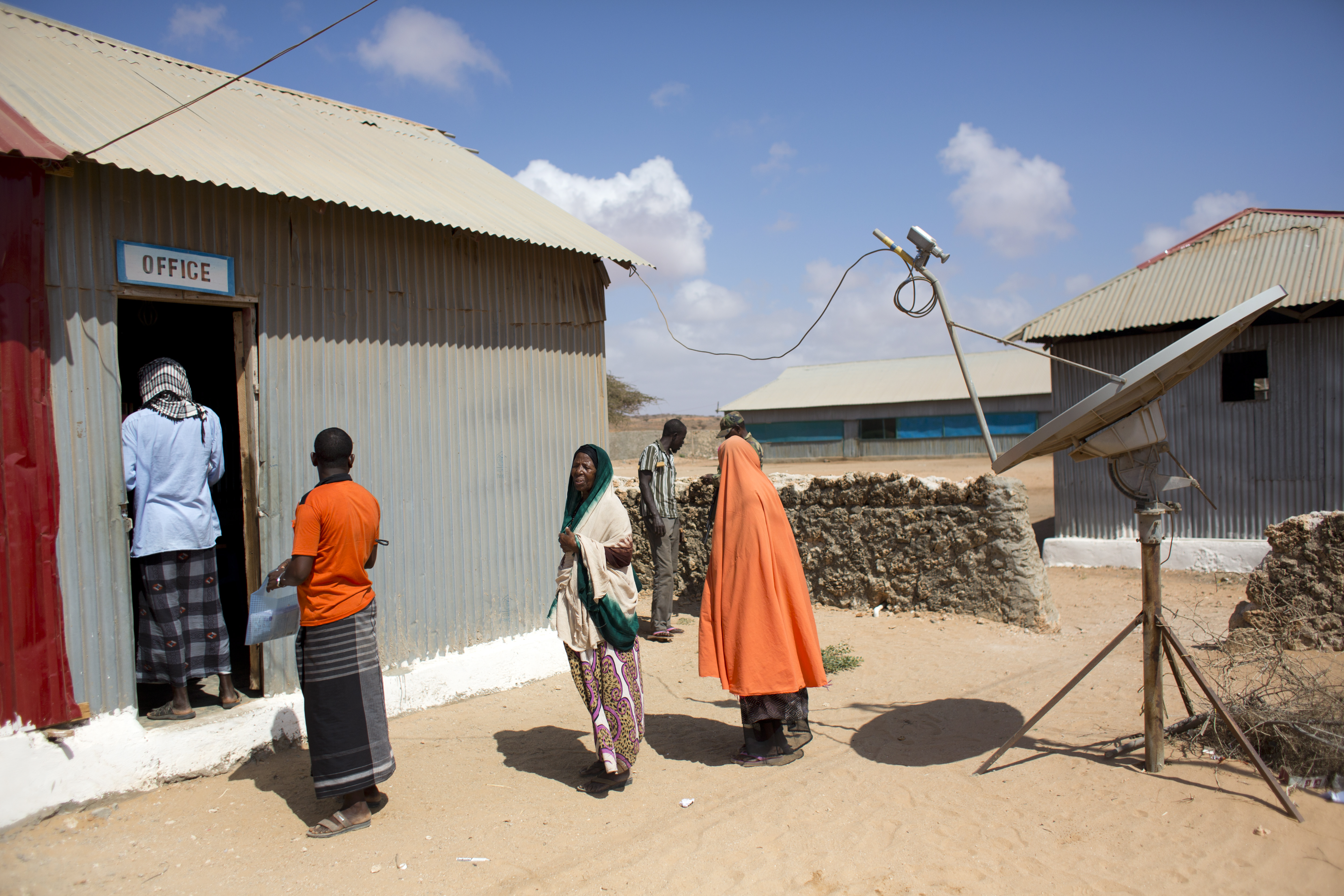From commitment to action: satellite industry donates life-saving connectivity for future emergencies

The in-kind donation agreements, worth over US$1.3 million, include equipment, practical training and three months of free airtime in each country where the charter will be activated. They are the final steps in making the Crisis Connectivity Charter operational.
The Charter formalizes terms and protocols designed to make satellite-based communications more readily available to humanitarians and affected communities when local phone and internet networks are damaged, destroyed or overloaded after a disaster. The principles also include increased coordination to prioritize access to bandwidth for humanitarian purposes during disaster responses; pre-positioned satellite equipment and transmission capacity in high-risk countries in Europe, the Middle-East, Africa and Asia; and training and capacity building for the humanitarian community around the world.
“Today shows that the private sector is not only an integral part of humanitarian response efforts, but is stepping up its support through tangible actions,” said Enrica Porcari, Chair of the Emergency Telecommunications Cluster (ETC) and Chief Information Officer for the World Food Programme (WFP).
WFP, as global lead of the ETC, accepted these donations on behalf of the humanitarian response community. The signing ceremony took place in Luxembourg city on 17 May, nearly three years after the Government of Luxembourg and the ETC hosted a business consultation with the satellite industry, which lay the bases for the Crisis Connectivity Charter. It comes as the humanitarian community responds to an increasing number of emergencies – situations where access to information and communications is a basic human need alongside food, water and shelter. The donation agreements will help ensure that the ETC and its partners can better leverage technology to provide life-saving connectivity to humanitarians and affected populations when disaster strikes.
The ETC is a global network of humanitarian, private sector and governmental organisations that work together in disasters to provide vital communications services. The ETC in partnership with leading edge technology companies and local telecom providers, is creating an environment for emergency response which allows humanitarian responders, citizens and governments to have a seamless, resilient and principled communications experience. The ETC is one of the eleven clusters designated by the Inter-Agency Standing Committee (IASC).
The United Nations World Food Programme - saving lives in emergencies and changing lives for millions through sustainable development. WFP works in more than 80 countries around the world, feeding people caught in conflict and disasters, and laying the foundations for a better future.
Follow us on Twitter @wfp_media @ETCluster
For more information please contact (email address: firstname.lastname@wfp.org):
Tom Mallah, WFP/Rome, Global ETC, Tel. +39 066513 6519, Mob. +39 345 5018178
